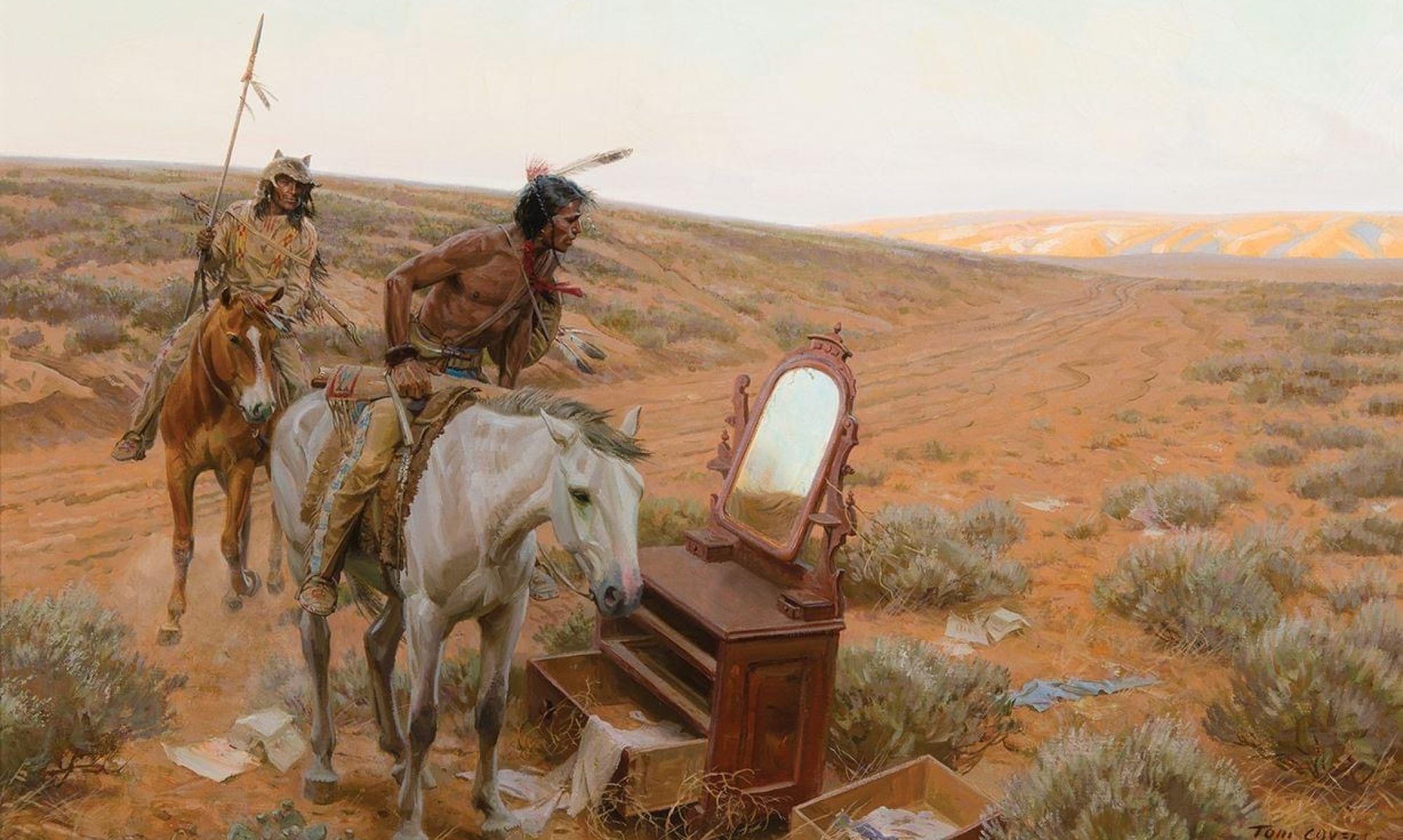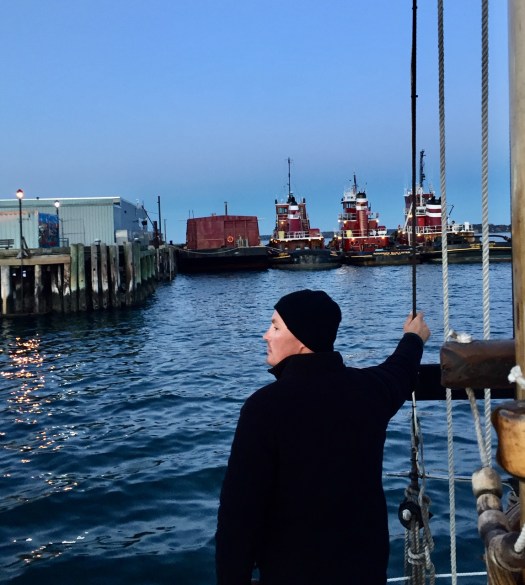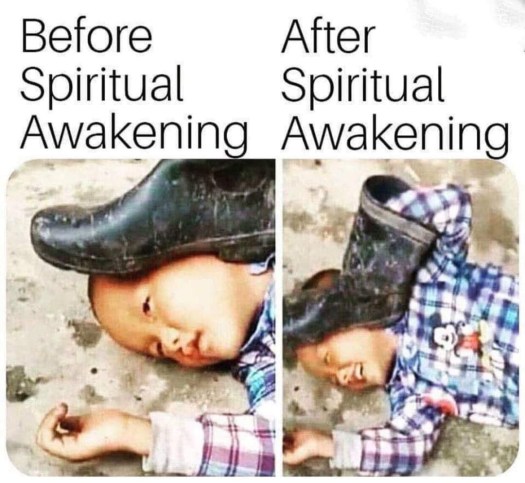I’ve known for quite some time, but have been hesitant to state publicly until now, that I believe most everyone’s anxiety and frustration originates from the fear that where they are and what they’re doing might very well be temporary. And, this has always been very interesting to me since all of us know that ‘all of this’ is ultimately temporary!
Yet, each of us have held on to something too long while deluding ourselves that it should be permanent. We’ve held on to our childhood too long or our children too long. We’ve held on to the farm too long or the house or the car. We’ve held on to jobs too long. We’ve held on to relationships too long. We’ve held on to beliefs and regrets too long. Even though each of those things are ultimately contextual and temporary, we so often wish and behave as if it weren’t so.
The point of all of this is that admitting these things and stating these things to ourselves and others can be liberating. Acknowledging these truths could be the first step to reducing the anxiety and fear of the transience and impermanence of life.
Perhaps just agreeing that literally everything is temporary can provide a bit of relief. And, I believe the first step is practicing and learning how to surf on top of change as we move though the chaos of life, while strengthening our tolerance for ambiguity, rather than clinging on to the underpinnings of that which we hope lasts forever — all the while, knowing deep down, no such object exists.
I choose to believe the only thing that lasts forever is Love. And, you can each define that word as you wish. But, the way I define Love causes me to believe it only makes sense that we direct the bulk of our time, attention and resources to those we love and those who love us. While spreading a form of that same Love by helping others at every opportunity.
~ Scott Kinnaird










